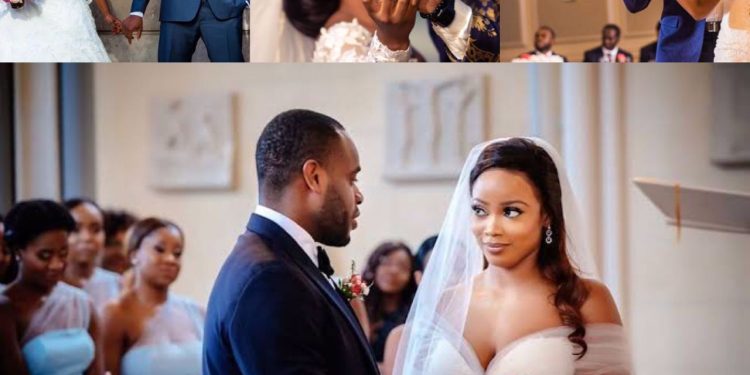Nigeria, a country known for its vibrant culture and diverse ethnic groups, is home to a plethora of captivating wedding traditions. From the engagement ceremonies filled with joy and excitement to the traditional wedding customs steeped in rich cultural heritage, Nigerian weddings are truly a sight to behold. In this article, we will delve into the enchanting world of wedding traditions across Nigeria’s various ethnic groups, showcasing their unique ceremonies and rituals that make each celebration an unforgettable experience.
The Engagement Ceremony:
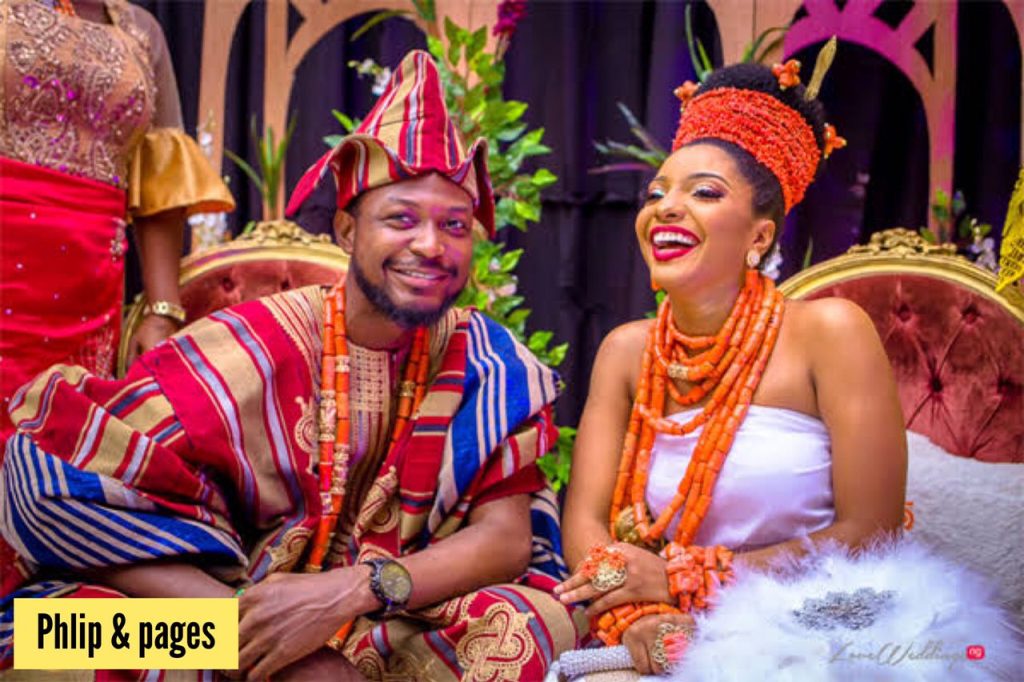
The journey towards matrimony in Nigeria often begins with an engagement ceremony. Known by different names across different tribes – “Igba Nkwu” in Igboland or “Kayan Zance” in Hausaland – this event marks the official union of two families. It involves intricate rituals such as exchange of gifts, negotiations between both families, and formal introductions.
Traditional Wedding Customs:
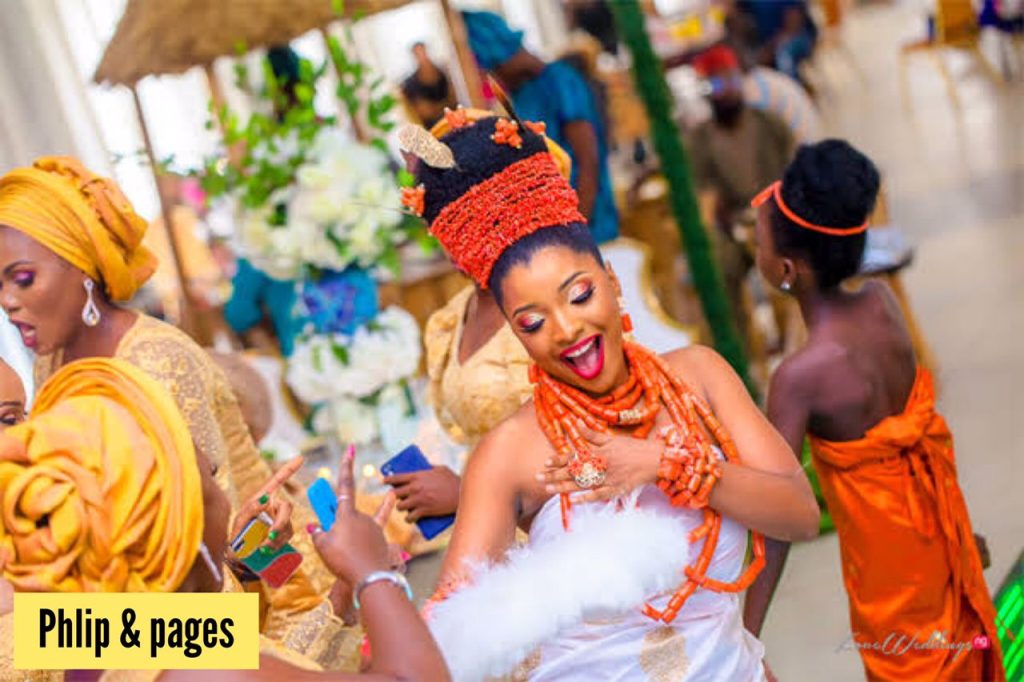
Once engaged, couples embark on another remarkable chapter: the traditional wedding ceremony. This occasion showcases the richness of Nigerian culture through elaborate attires, mesmerizing dances, soulful music performances, and delectable local cuisines.
- Yoruba Weddings: The Yoruba tribe celebrates their weddings with grandeur and elegance called “Igba-iyawo.” Adorned in resplendent attire like Aso Oke (traditional fabric), brides exude grace while grooms showcase regal Agbada outfits. Time-honored customs like tying gele (headgear) or breaking kolanut add charm to these celebrations.
- Igbo Weddings: In Igbo land lies an array of fascinating customs during weddings referred to as “Igba Nkwu.” Here you’ll find stunning outfits like George wrappers for men and colorful blouses paired with wrappers for women known as “Akwa ocha.” The highlight is the “Igba Nkwu” dance, where family members and friends join in merriment to celebrate love.
- Hausa Weddings: Hausa weddings, known as “Kamu,” are a fusion of elegance and cultural heritage. Brides don exquisite outfits like Zari (embroidered fabric) gowns called “Gindin Mangoro,” while grooms wear flowing robes known as “Babanriga.” Traditional ceremonies like Henna application on the bride’s hands and Fatiha (Islamic ceremony) lend an air of enchantment to these celebrations.
Symbolic Rituals:
Wedding traditions in Nigeria are often accompanied by symbolic rituals that hold deep meaning within each culture.
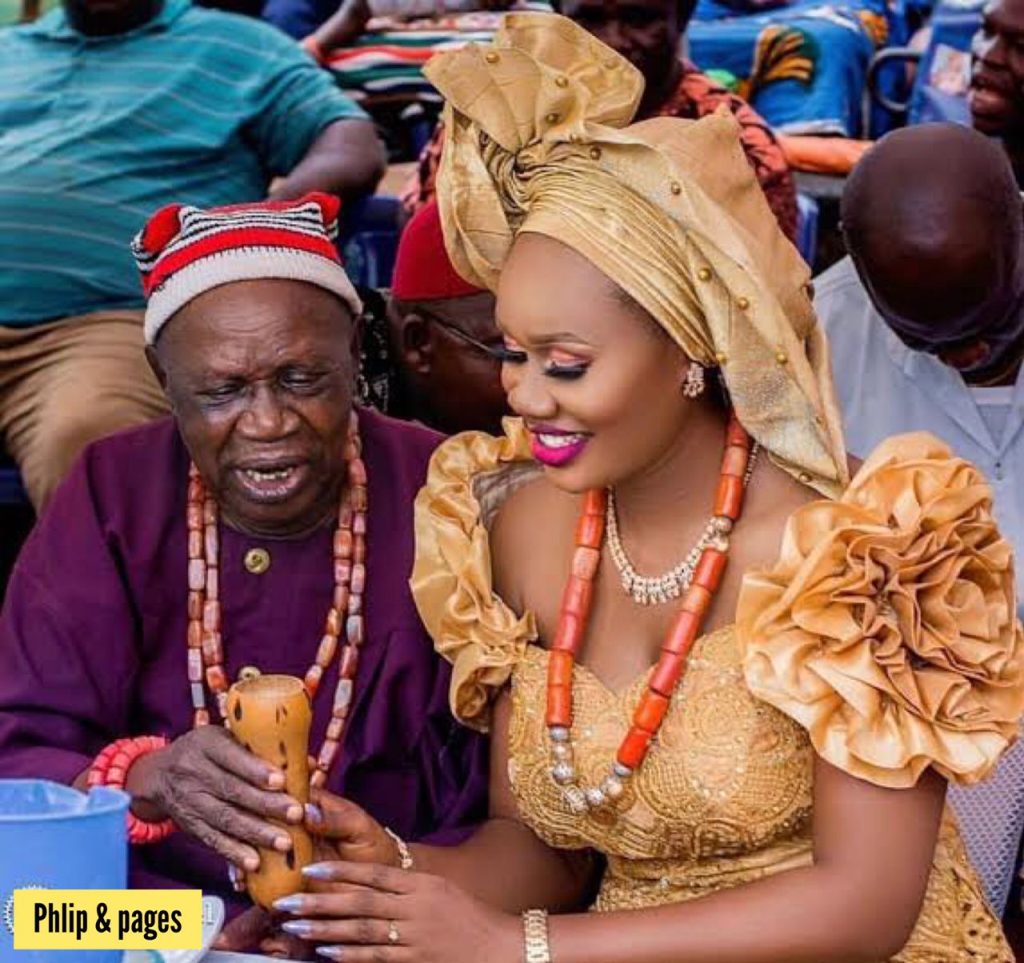
- Wine Carrying Ceremony: In Igbo weddings, couples perform the wine carrying ceremony called “Igba Mmanya.” This ritual symbolizes trust, unity, and acceptance between families. The couple takes turns sipping palm wine from one cup to signify their commitment to sharing life’s joys and sorrows together.
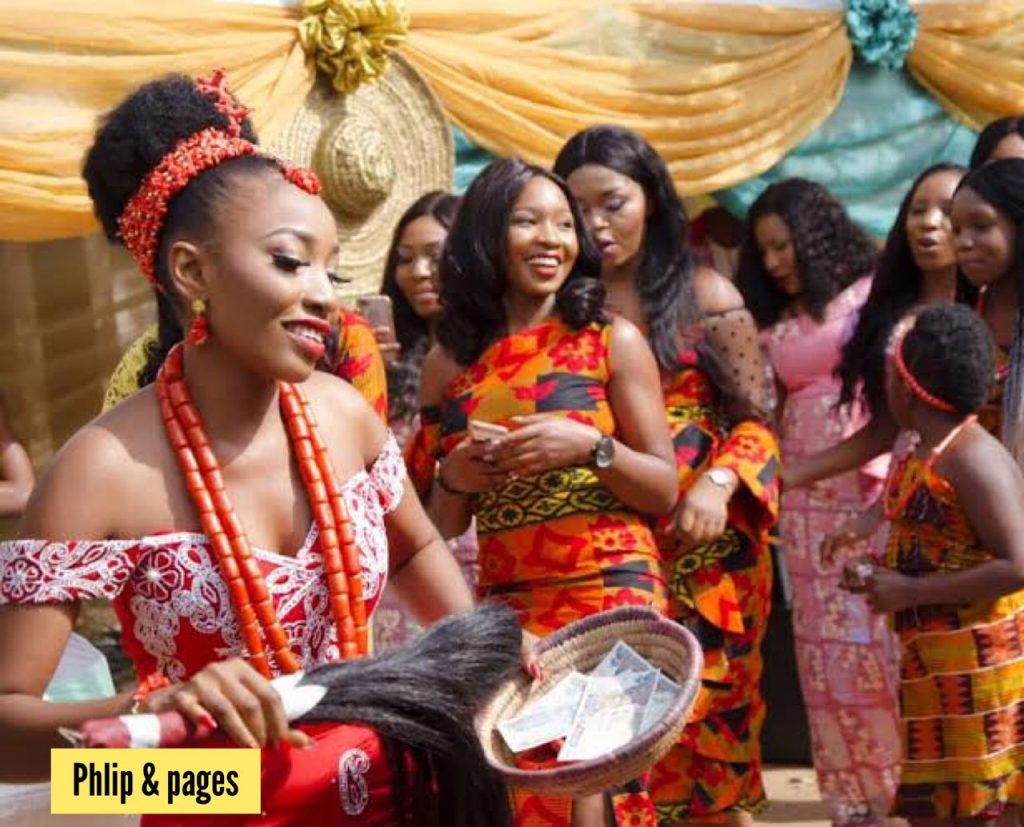
- Money Spraying: A lively tradition seen across different Nigerian ethnic groups is money spraying during dances. Guests shower newlyweds with cash as a gesture of celebration and support for their new journey together. It adds an element of excitement while also symbolizing prosperity for the couple’s future.
Conclusion:
Nigeria’s wedding traditions showcase not only the beauty but also the diversity found within its numerous ethnic groups. From engagement ceremonies filled with anticipation to traditional wedding customs steeped in centuries-old practices, these celebrations bring people together through joyous festivities that honor cultural heritage. Exploring these rich traditions allows us to appreciate Nigeria’s multicultural tapestry while recognizing how love unites people regardless of their backgrounds or beliefs.


